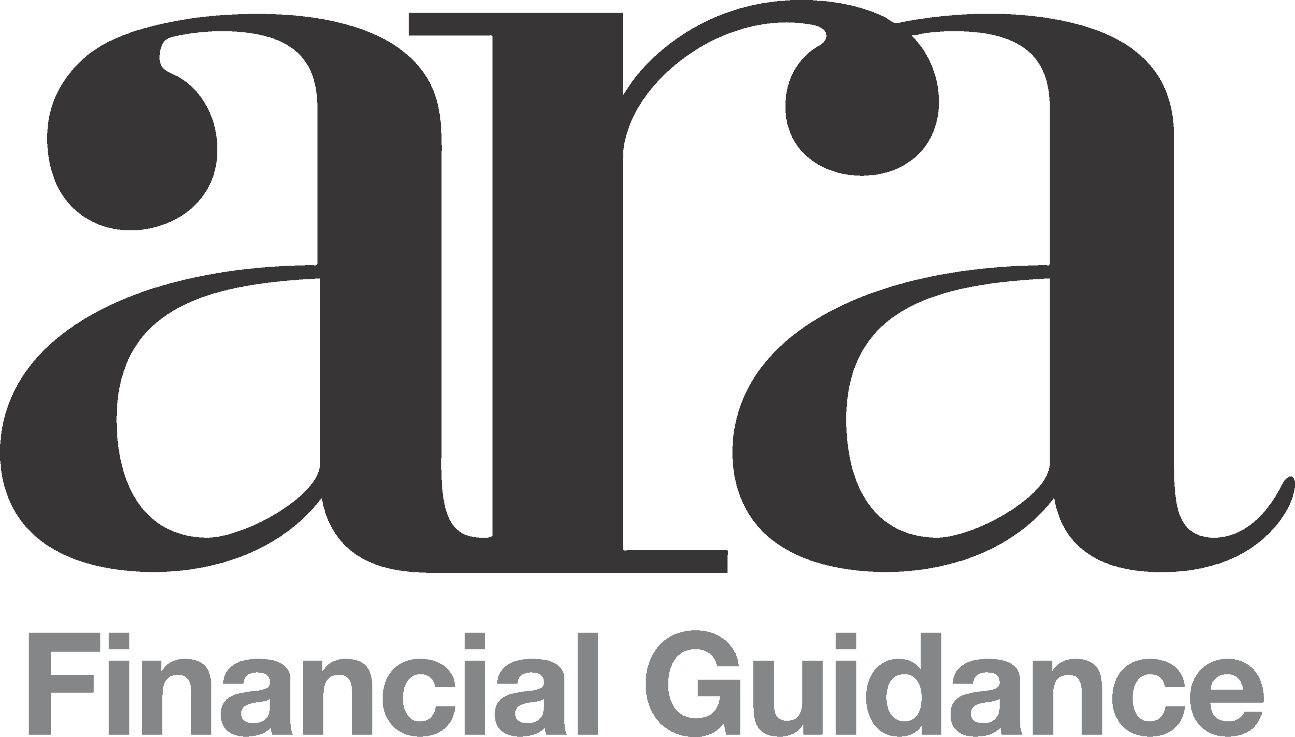While we’re young, financial planning is usually pretty straightforward. A small amount of super is compulsory. Then paying the rent or mortgage, raising and educating kids, maybe upgrading the home – these things tend to soak up most of our financial resources at the time, and that’s as it should be.
Retirement is a different matter entirely. Employment income ceases and has to be replaced with something. Issues like tax, Centrelink entitlements, estate planning all loom large – and need to be managed differently in retirement if you are to make the best use of your hard-earned savings.
These concepts were never straightforward to begin with, and have only become more complicated over time. But with their evolution also comes great opportunity if you can navigate the maze. This guide serves as an overview of at least some of the issues you should think about. It does not purport to be anything other than general information and certainly is not to be taken as advice – everyone’s situation is different so there’s no one-size-fits-all approach when your retirement’s at stake. But it’s a start.
1. Superannuation
Let’s get something clear upfront. Superannuation is not an investment. Super is an investor – a fund – or more precisely a trust – that invests in other things on behalf of its members. As a trust, super is subject to different laws than you or I are as individuals.
In the case of super the deal is quite simply:
- Very attractive tax treatment
- Provided you put the money towards your retirement.
In other words, you put your money into super, pay concessional rates of tax (which means a better return), but the trade-off is that the money remains preserved in super until you reach a certain age.
This is even enshrined in superannuation’s guiding principle called the Sole Purpose Test. Section 62 of the Superannuation Industry Supervision Act requires that the superannuation fund is maintained only for the purpose of providing benefits to its members upon their retirement, or for beneficiaries if a member dies.
So how good are the tax benefits? Well, we used to say that retirement income planning boiled down to “Let’s see how much we can get into super and worry about the rest later”. It was pretty much limitless, although in more recent times there have been some restraints imposed. But it is still the case that for most of us, particularly as retirement approaches, super is the best game in town and you should make the most of it.
How the money is invested is of course important too (see point 3), and on that score you can choose to manage your own investments or let someone else do it for you. Whatever works for you. But having the optimum amount in super in the first place should be your first priority.
2. Tax
While you’re working, tax is usually pretty straightforward. Your employer deducts the required amount from your pay cheque and, but for maybe a few adjustments on your tax return, that’s about it. Not so once you are generating your own income stream from your nest egg.
The obvious aim is to have as little of your resources whittled away by tax as is legitimately possible. Not surprisingly, given point 1, super has a major role to play.
It’s too broad a topic to cover here and is also dependent on your own circumstances, but an important thing to get your head around is this. There is a set of rules determining how, when and how much you can get IN to super, and another set governing how, when and how much you can get OUT of super. These streams of regulation operate separately and independently. While you’re young and accumulating money, things more or less look after themselves. But in the lead up to and aftermath of retirement, there is a myriad of ways to use these rules to improve the tax position on your contributions, your return, the money you pay yourself to live on, and ultimately the benefit paid to your heirs. This is a valuable window of opportunity in which to set your super up for post-retirement – use it well!
3. Investment Strategy
Of all the issues you’ll have to deal with, investment strategy is surrounded by the most information, misinformation, myths and – danger. Wrong decisions can seriously undermine your retirement. So let’s try to boil this down to a few clear principles and guidelines.
Typically, so called risky or “growth” assets like shares and property earn a better total return over the long term than safe assets like bank accounts. However, they exhibit much more price volatility in the short term, and so have the reputation for being high risk. Unfortunately in many sections of the finance industry, managing this risk is achieved by simply reducing the investor’s exposure to shares and the like to some pre-determined level. This by definition reduces the long term return the investor achieves, possibly far more than is really necessary.
As noted above, price volatility is typically short term in nature. Furthermore, if you don’t have to sell while the price is down, then the price volatility is of no particular concern.
Now it is very common for retirees who are living off their nest egg to have to systematically draw down on their assets. The imperative therefore is to have investment affairs arranged so that you never have to sell at a bad time and thereby crystallise damaging losses.
We have written extensively on this very important matter in our Retirement Hub and our retirement income projection tool will give you a guide as to how long your money will last, but as a brief summary of how to manage the problem:
- Firstly, understand your cash flow requirements, not just for the next month or two, but years ahead. This is to understand if, when, and in what quantity it will be necessary to sell assets to meet your spending requirements. Armed with that insight, you can make a sensible, logical decision as to how much you should allocate to the different types of investment.
- You should keep enough in stable assets like bank deposits and conservative investment options to ensure you won’t have to sell any growth assets for at least the next three to five years.
- You can then feel confident in allocating the remainder to the heavy lifters. During those intervening three to five years, monitor the performance of the portfolio, choosing good times (rising markets) to top up the safe bucket, while sitting tight and riding out the market lows.
4. Centrelink
Certain government benefits may be available to older Australians, the most obvious one being the age pension. Like most such benefits, entitlement is not automatic but is means-tested. And more often than not it is the level of assets you have that determines the amount of benefit you might receive.
The trick is in understanding what assets are assessable at the time, and what if any flexibility there is in the assessment. There may be some opportunities, for example if there is a fair age difference between spouses. Rules also allow for a certain amount of employment income to be earned without jeopardizing entitlement to benefits.
There are also other less well-understood benefits including concession cards and carer allowances, that may come into play.
Any such government assistance reduces the extent to which you have to draw on your own money, which in turn extends the life of your nest egg. It is well worth understanding your Centrelink position.
5. Estate Planning
A highly personal topic, but suffice to say that we want to be sure that our estate goes to those we choose, with minimal erosion through tax and with as much certainty as possible.
Currently there are no death duties as such, but capital gains tax and the potential taxes on super residuals will do the same job if you’re not careful.
Did you know for example that any residual that might be left in your super fund on death is not part of your estate? That’s because you don’t actually own your account balance, the trustee of the fund does on your behalf. You can lodge specific instructions with the trustee as to what you want done with the funds upon death, but if you don’t, the trustee is left with the job of second-guessing what you would have wanted. Much better if you clear the way!
So correct instructions as to the distribution of your residual balance are critical, and should mesh seamlessly with the terms and wishes of your will (which suffice to say should also be kept in good shape).
In addition, if you are within the window of opportunity referred to in point 2, the contribution and withdrawal rules can – and should – be used to legitimately minimise the tax your beneficiaries will pay on your passing.
Summary
Financial planning in the lead up to and after retirement is a very different beast from when you’re young and starting out. It’s where the rubber hits the road in terms of what you may have been working towards for decades. For best effect, prepare well in advance.





